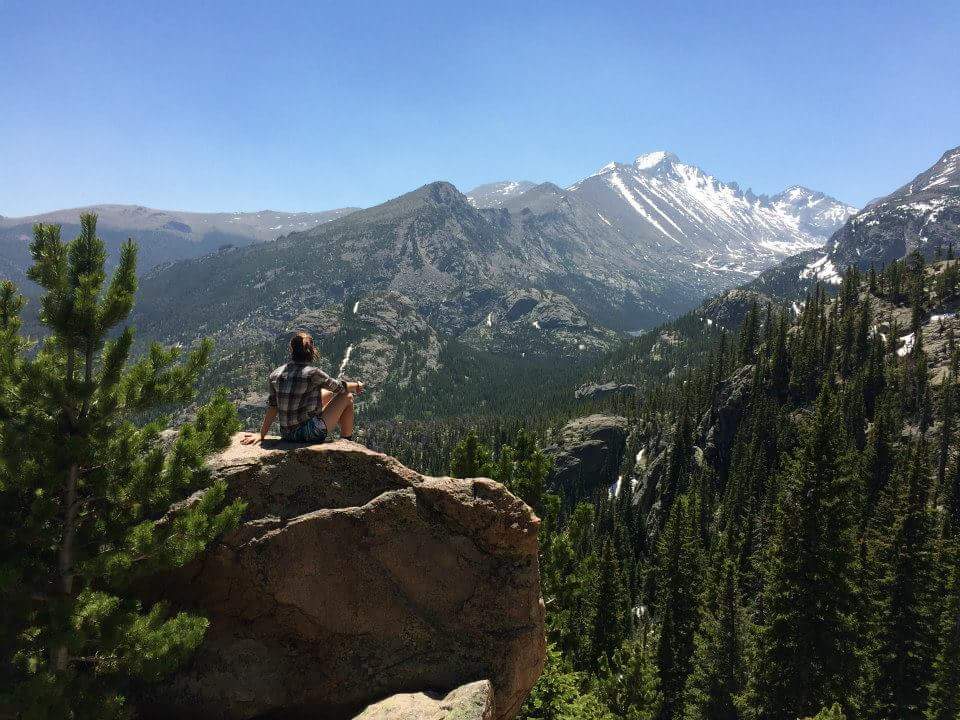From Physics to Materials Engineering: The Dennice Roberts Story (so far).
By Dennice Roberts, BS '14
I started FSU in 2010 and came in with the decision to do a physics major. I went to Lincoln High School in Tallahassee and my teacher was Adam Lamee (an FSU alumnus)! I struggled a lot with [the idea of] staying in the same town I had been in since first grade, but ultimately I met a lot of good people and the FSU side of town was a very different experience from where I grew up. My high school physics teacher worked over the summers at CERN and when I learned about the LHC for the first time I thought it was possibly the coolest thing ever. He also brought in physics professors from FSU to talk during our lunch hour, and that helped me get really pumped about physics and FSU. I committed in HS to take physics through the end of high school and do it at university - which is actually not good rationale, but it worked out really well because the premise of why I thought LHC was cool (it is cool) was still there in physics - constant problem solving, figuring out how the world works, etc. (Also a lot of beating up on yourself, which I'm good at .... don't include that). Ironically, the only AP exam I failed was AP physics (oops).
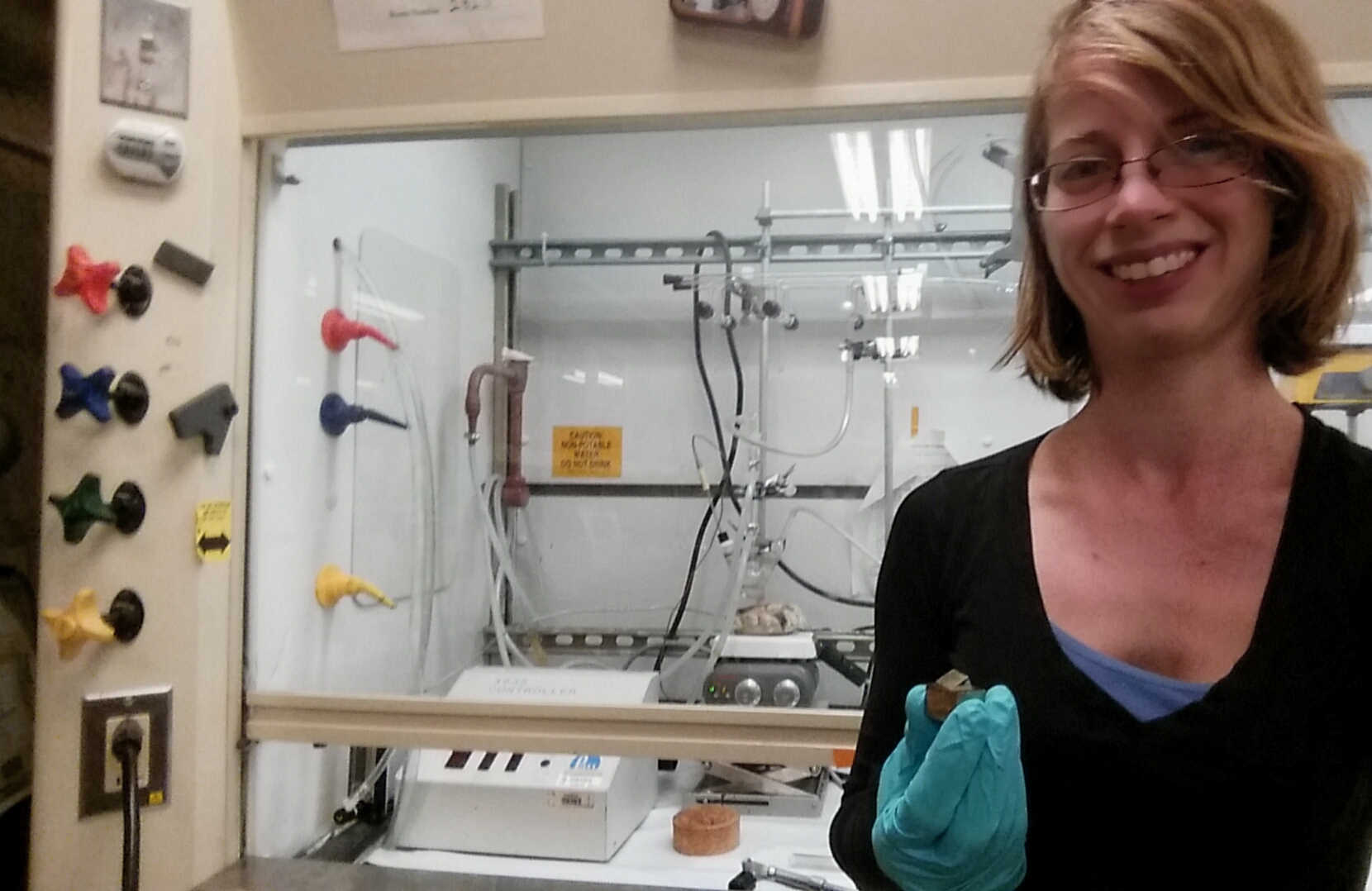
I wanted to double major in humanities because I like that kind of stuff, but when I had my first semester without math classes I missed math a whole lot, so I switched my other major to math (additional bonus: more relevant). And because life is never linear, I ended up not clicking well with my attempt at particle research, and didn't find an awesome fit for research until the end of junior year when Dr. Brooks connected me with professors in mechanical engineering and introduced me to the idea of interdisciplinary work/learning, which is something I really believe in and love now. My undergrad research was thermo-mechanical characterization of a smart material that responded mechanically to light stimuli.
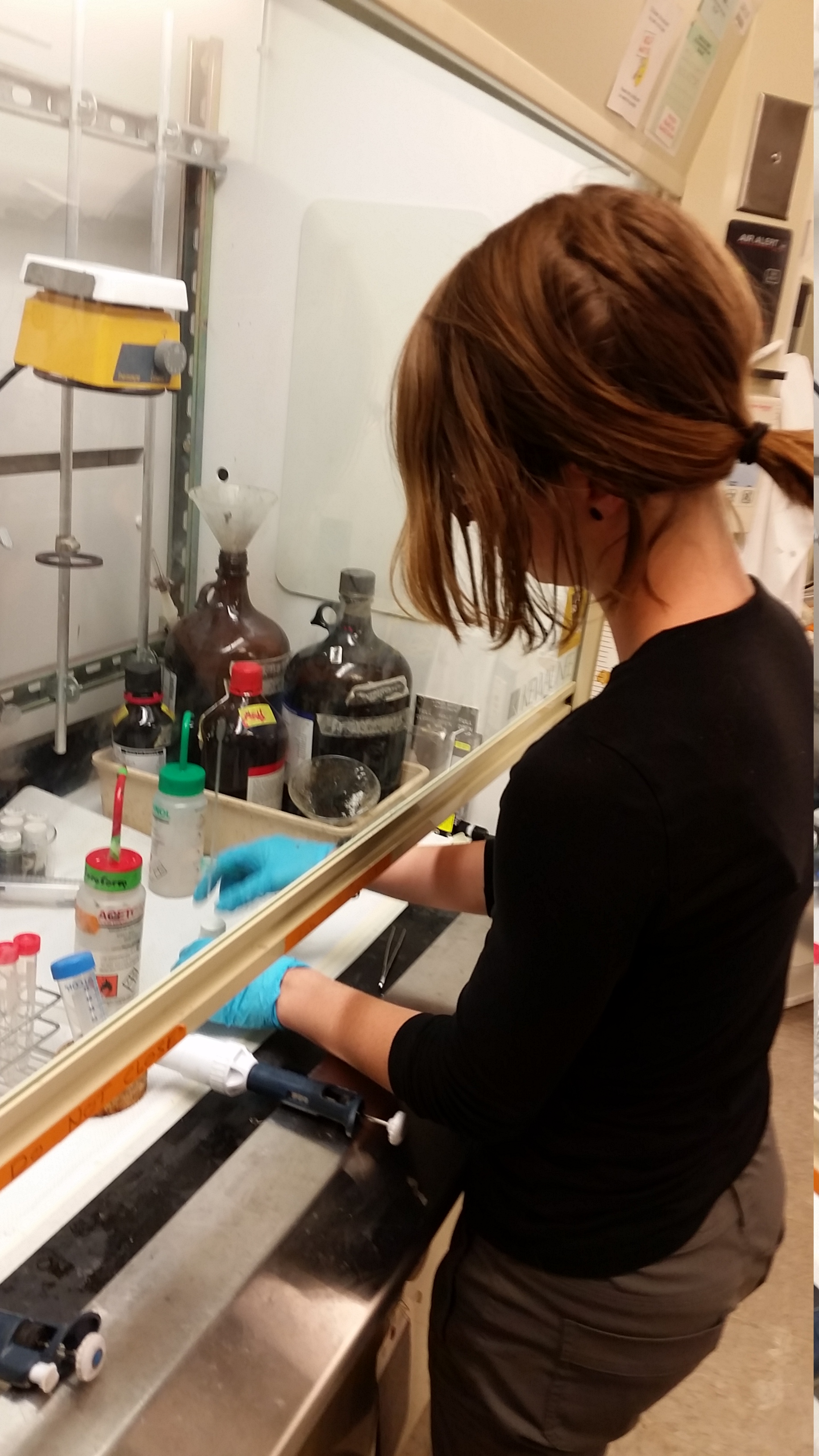
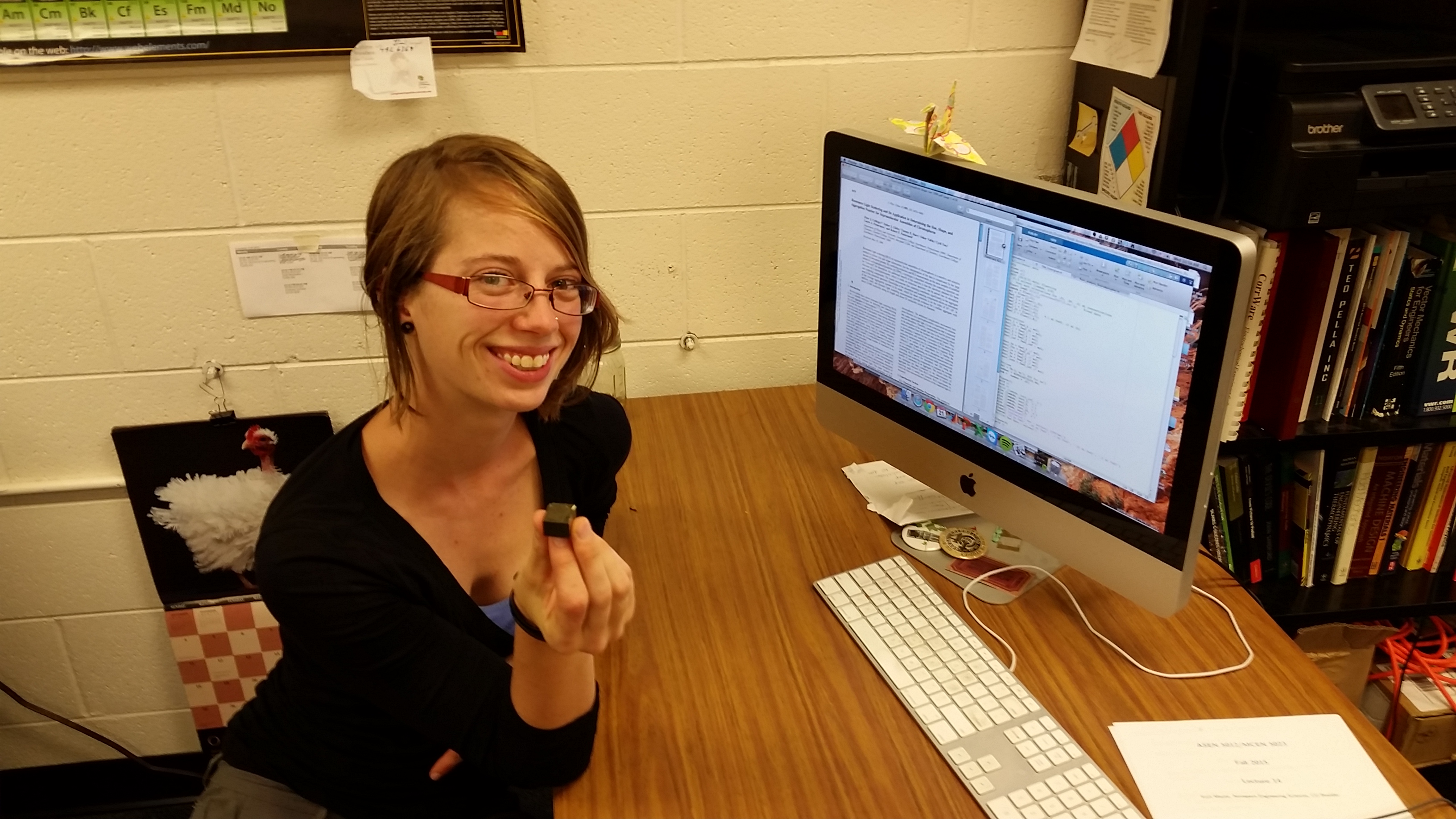
I graduated in 2014 and because of that research (a little over a year in total) I decided to go to graduate school for Mechanical Engineering, where I now work in a lab that focuses on research for materials in energy and is INCREDIBLY interdisciplinary, both in what we do and who we collaborate [with](a professor in Physical Chemistry). My current puzzle focuses heavily on light scattering properties of the nanoscale material I grow and study, and I've actually pulled out my E&M book a few times. In a meeting with the physical chemistry team somebody brought up the Jackson book. At the very beginning of the program I was overwhelmed by not having an undergraduate background in ME to serve as a base for my graduate coursework, but being a physics major gave me the problem solving/work ethic type skills necessary to figure it out. As I'm getting more into research I am excited to see how physics is playing a role and like seeing the integration of fields that have to work together to generate any kind of understanding of my topic - chemistry, math, and engineering included. (And! I still get to be fully immersed in that academic skill of beating up on myself on the regular).
As an undergrad, one of the biggest things for me was when I learned to start talking to people. I always thought that if I was just good enough/tried harder/etc. at my work I would do fine, but everyone needs help and it's really beneficial to have contacts both academically and just as a person. I wouldn't have had a chance at discovering my research if I hadn't started asking professors, and I got involved in SPS and SCUWiP because I went outside the realm of people I felt comfortable talking to normally. Conversely I would have done a lot better if I had taken more time to find as many people to explain things to me as possible and gone to office hours. I have a friend that went to a different university and never made contacts with anyone, and he can't find a job and that's at least somewhat related to never learning to talk to people. Plus talking to people helps you get grounded and if you make contacts with professors they will [even] teach you things about Mt. Everest when you're deep into graduate school.
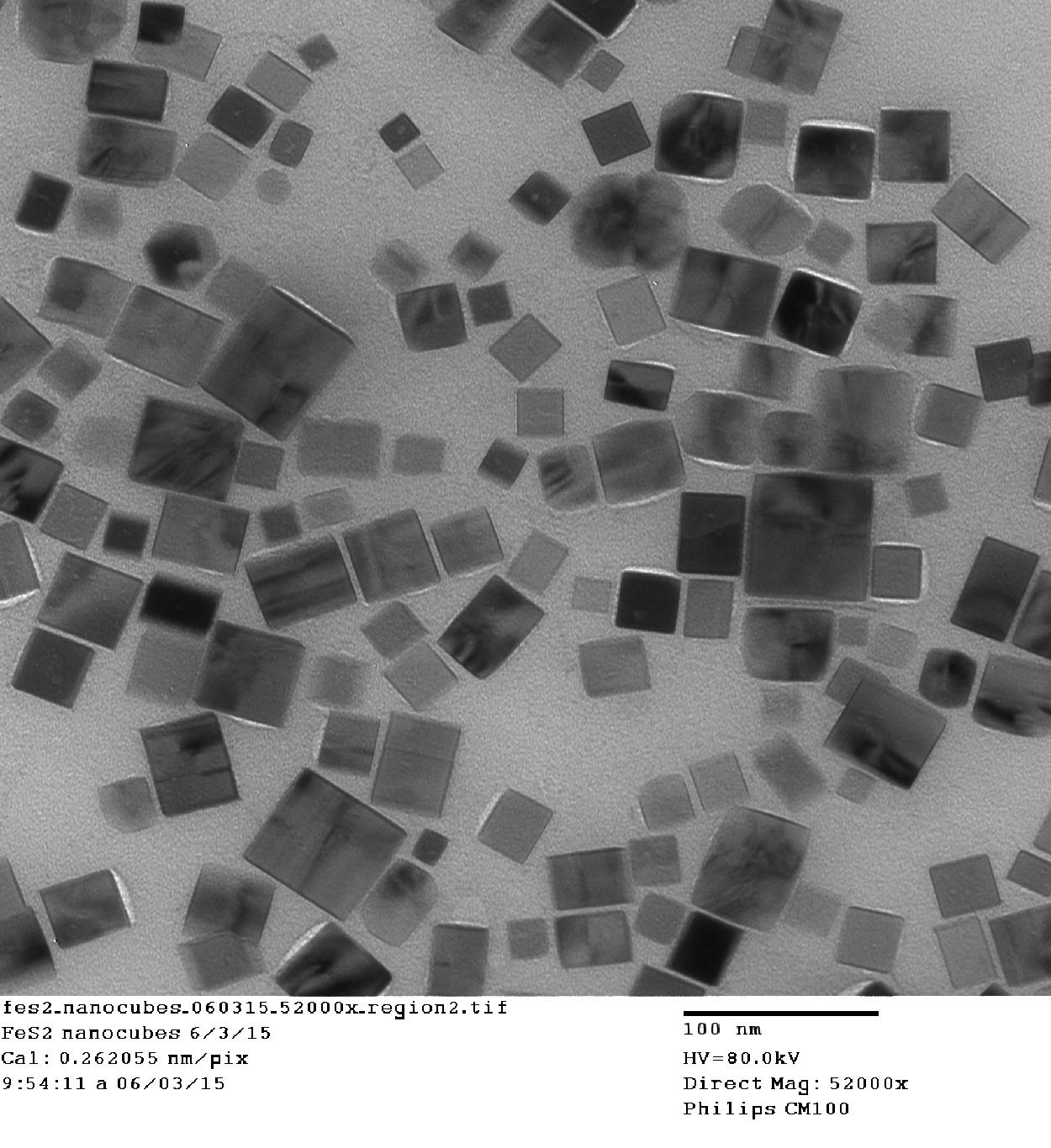
When I'm not studying in Colorado, I'm thinking about studying, drinking good beer, climbing, hiking, being mad that it's cold, or learning something new and insane like climbing bigger things or hiking bigger things or falling down snowboarding or trying not to die mountain biking. Graduate school is weird because grad students calls professors by their first names.
Advice that no one, including me, ever does: read your freaking textbooks. Seriously, double seriously. Be honest with yourself about how you study: is that big group actually helping, or is it too big/not adequately challenging you to try hard on your own?
Other advice: This one sticks out to me more because of personal issues, but I think it is SUPER important to find the things that make you happy and healthy (be interdisciplinary!). Chances are, it will be pretty hard to figure out how to study well and tackle difficult problems if you never figure out what effectively de-stresses you (aka go exercise! for me it was rock climbing and yoga and having dogs).
